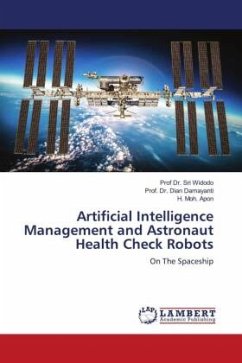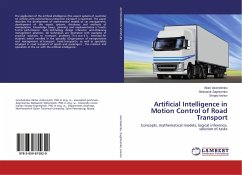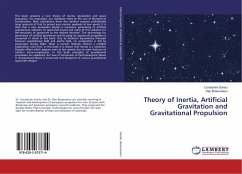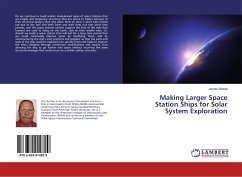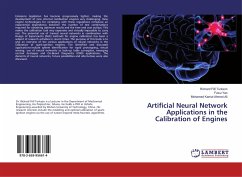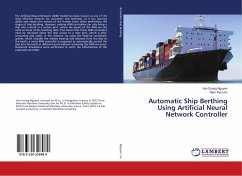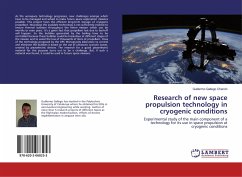With the advent of space tourism, space travel has materialized as an exciting new potential of business, hospitality, medicine and technology in the coming years. However, current evidence on human health in space is limited, especially with regard to short- and long-term space travel. This review synthesizes developments across the space health continuum including previous studies and unpublished data from NASA, ESA, the Japanese space agency, the Chinese space agency and the United Arab Emirates space agency related to each individual organ system, and medical examinations before space travel and during space travel. We categorized the extraterrestrial environment into exogenous (e.g., space radiation and micro gravity) and endogenous (e.g., changes in natural human circadian rhythms and mental health due to confinement, isolation, immobilization and lack of social interaction) processes and their various effects on human health. The purpose of this review is to explore the potential health challenges associated with space travel and how they can be addressed to enable new paradigms for space health, as well as the use of emerging Artificial Intelligence (AI)-based and robotic.
Bitte wählen Sie Ihr Anliegen aus.
Rechnungen
Retourenschein anfordern
Bestellstatus
Storno

